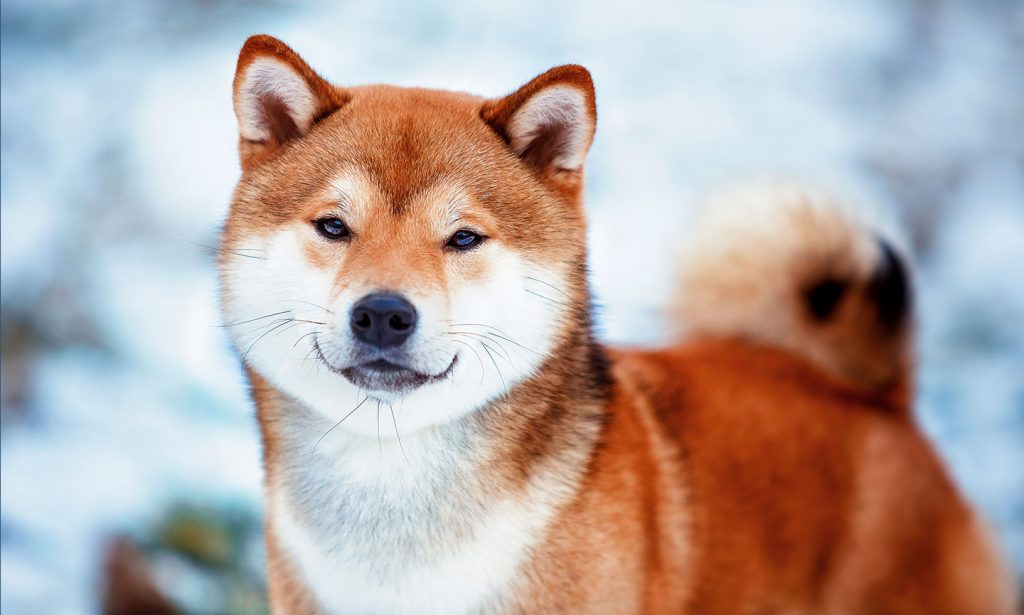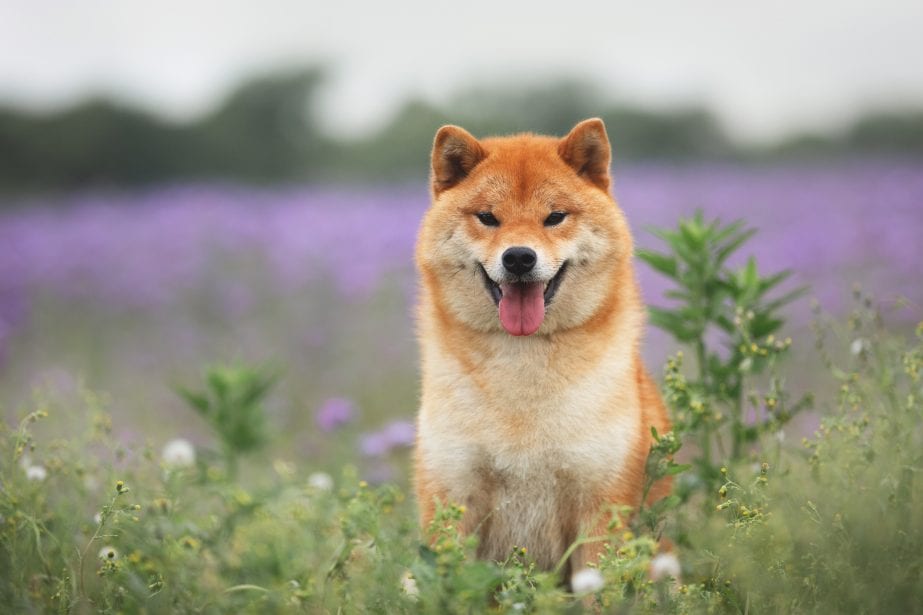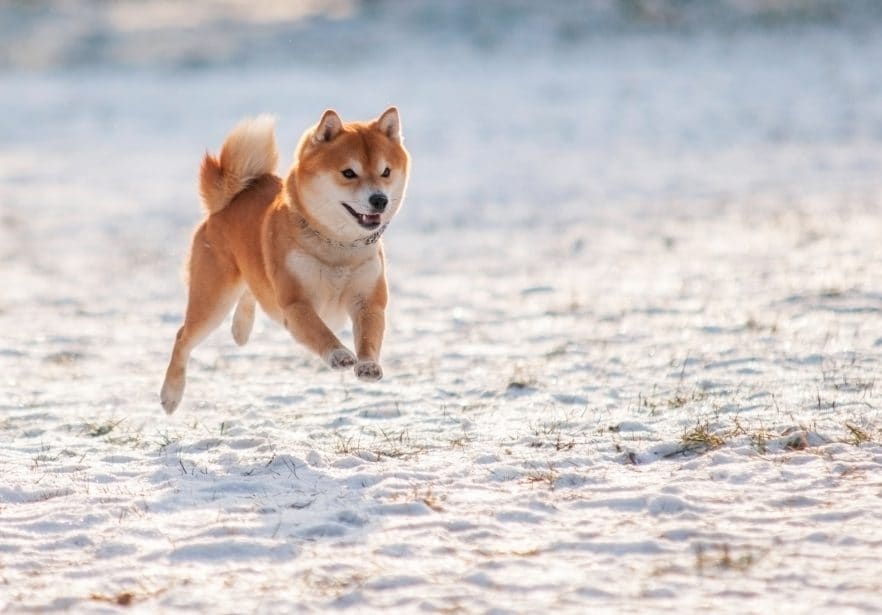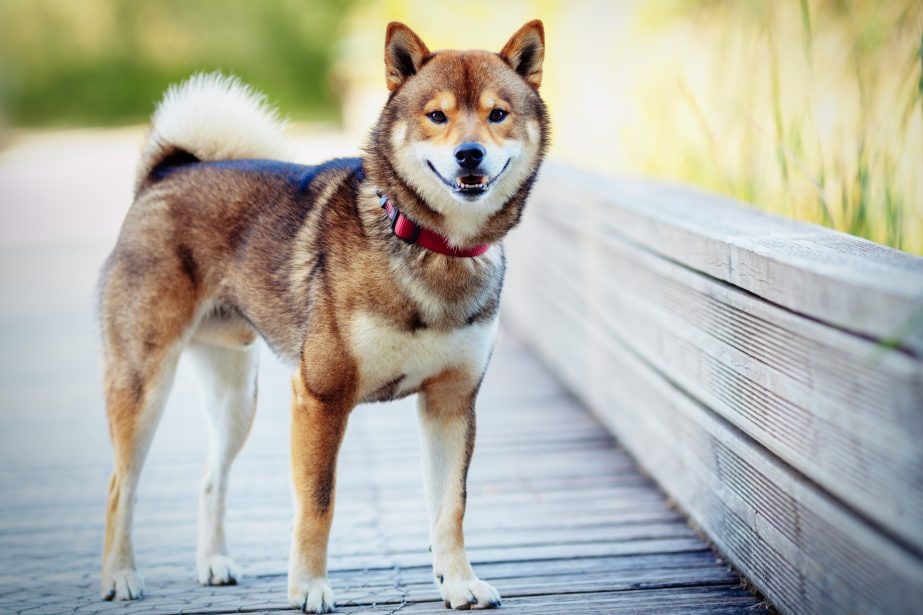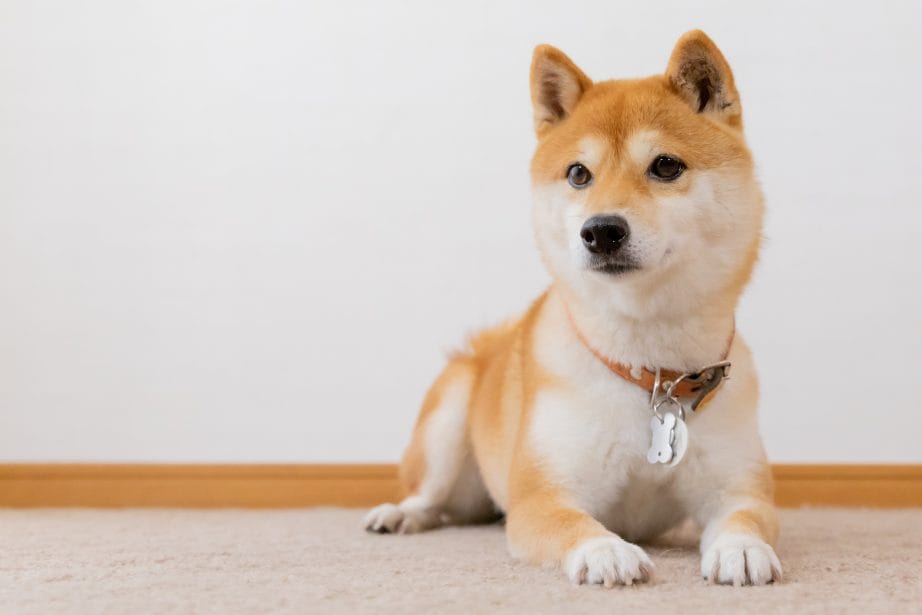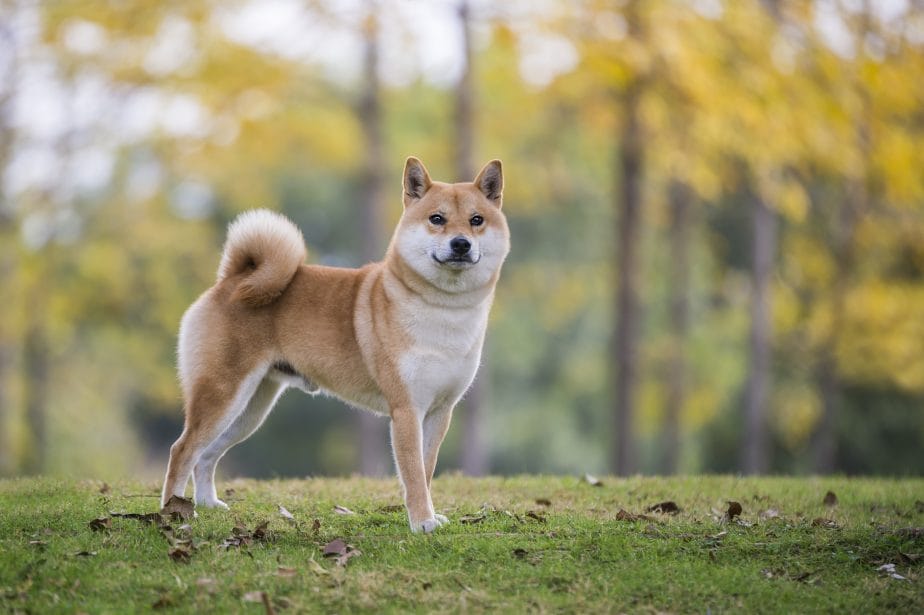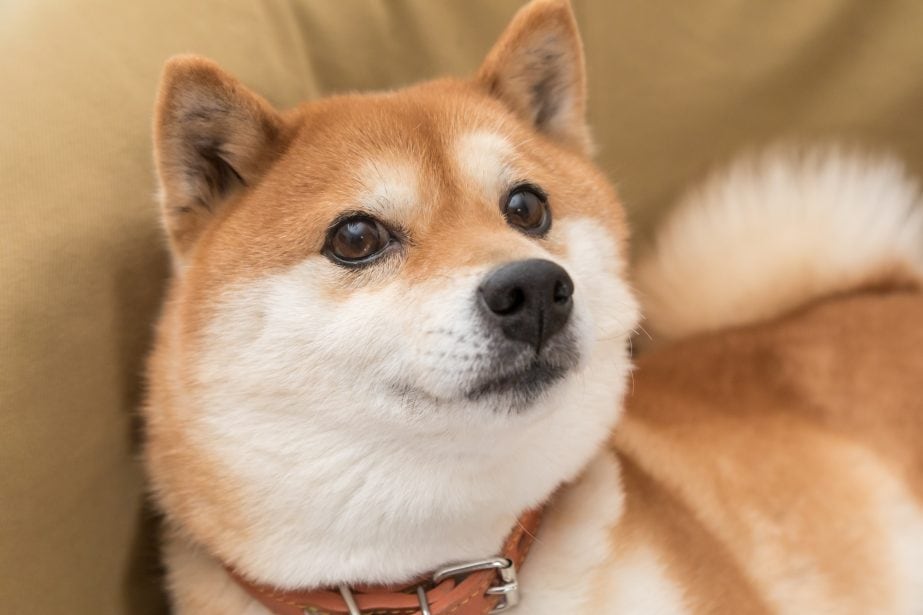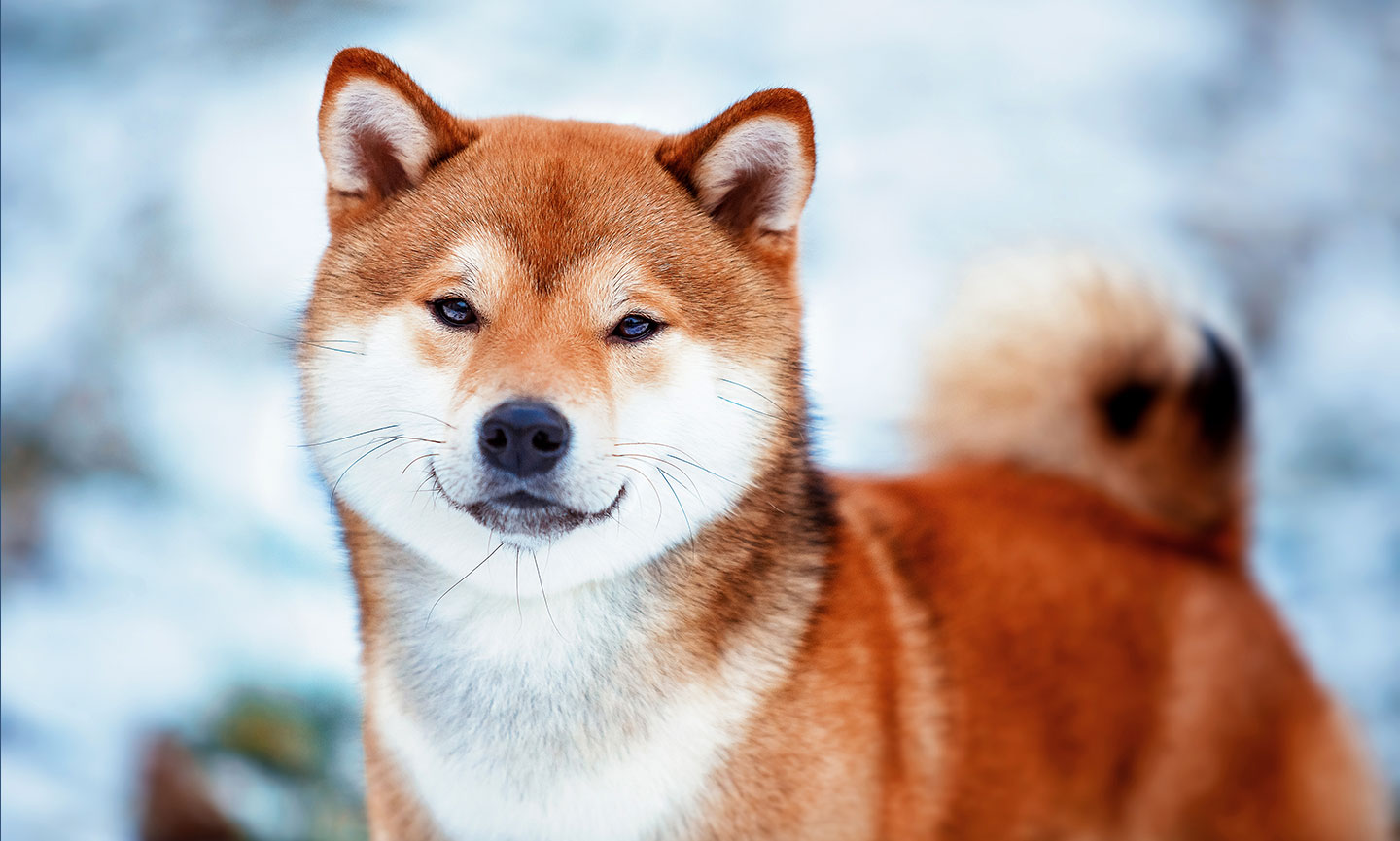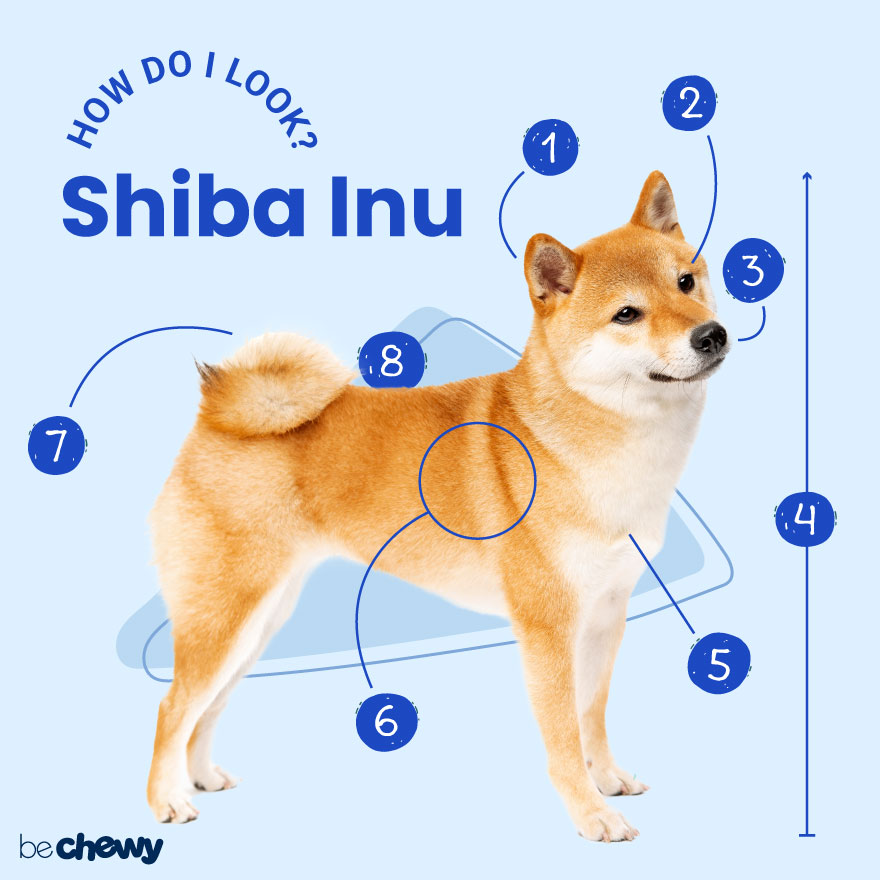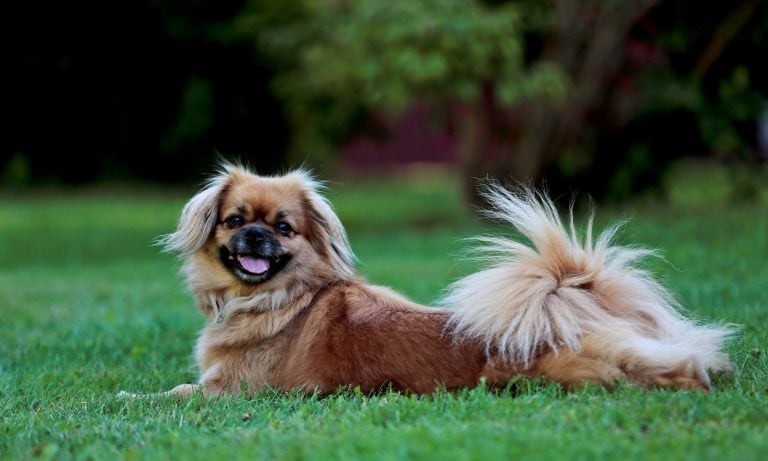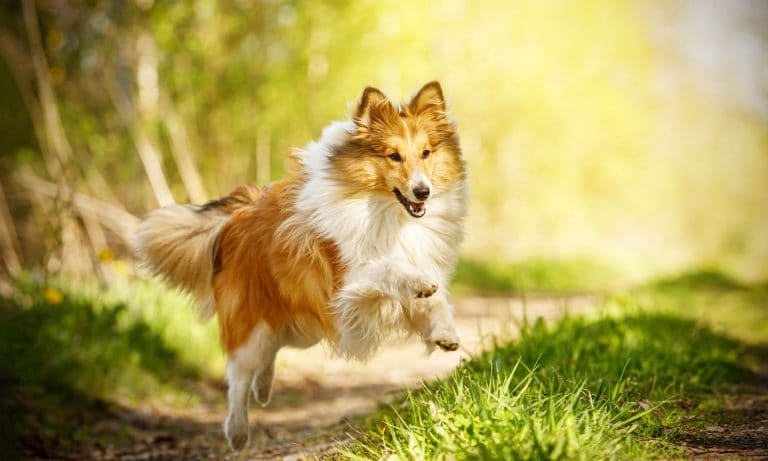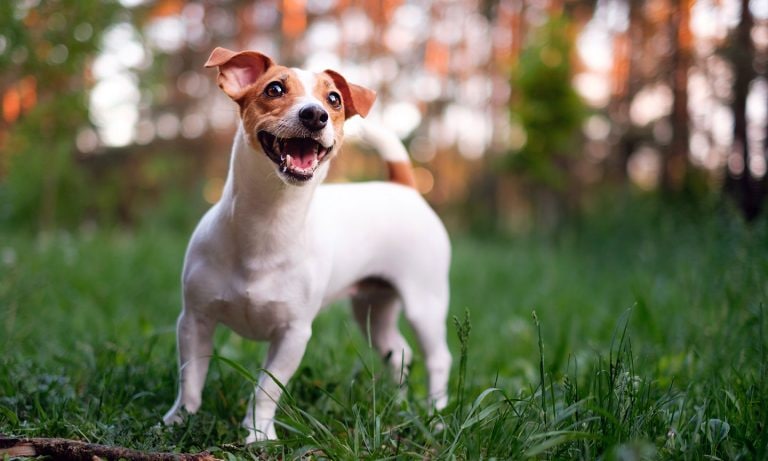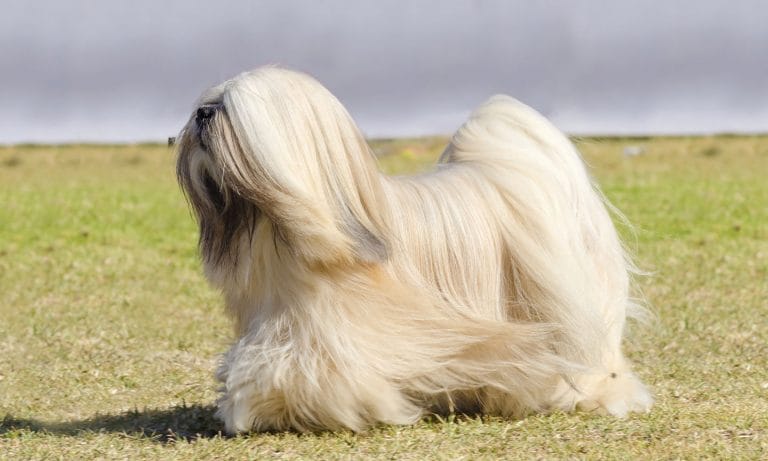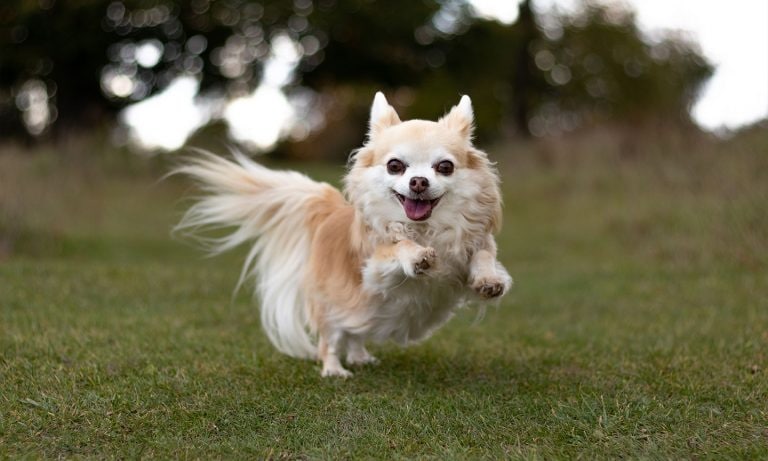Meet the Shiba Inu: the dog who looks like a fox, acts like a cat and has a scream that could get them voice-over work in a horror movie (How about “Shiba III: The Squirrel on the Porch”?) Surprised? This quirky Japanese breed started out as proud hunters and have never forgotten it. Especially the proud part. They think they’re a pretty cool cat (um, dog) but are happy to make you their companion (not the other way around). Shibas believe in a more equal relationship—you provide the digs and the chow, and they’ll be cute and adorable.
Breed Snapshot
Temperament:
AlertIndependentAthleticCoat Color:
Black And TanRedSesame
Best For
No, they're not related to foxes—but the spirited and independent Shiba Inu's personality can be just as feisty. They make intelligent, loyal companions for pet parents who can provide plenty of mental stimulation and exercise.
Shiba Inu Temperament
Shiba Inu dogs have strong, confident personalities, coupled with a mellow friendliness around their families. These traits, combined with their vigilance, are some of their most prized characteristics.
Sometimes aloof, they may come across as indifferent or even cold toward strangers and other dogs, which is why some say their personality resembles a cat. Though good natured, they have an independent streak, so they shouldn’t be let off-leash—there are too many fascinating sights and sounds in the world to catch their attention! They can also be quite selfish when it comes to their possessions. For those reasons, early socialization and training are absolutely necessary with a Shiba.
When Shibas aren’t happy (or don’t want to do what you’ve asked them to do), they’re more than happy to let you know they’re displeased. But they don’t bark or whine; they have a unique vocalization that is affectionately called the “Shiba Inu scream.” Used more often than a true bark, the scream is a rather high-pitched whining sound, something like the noise a cat makes crossed with the sound of a human baby crying.
How to Care for a Shiba Inu
Shiba Inus are fairly moderate in the maintenance department. They will need dedicated training time, but they are not high-energy pups who need a ton of exercise, nor do they suffer from a lot of health problems. Their grooming needs are fairly low, even though they shed. But they’ll need extra grooming during the fall and spring when they experience heavy shedding as they prepare for the change in seasons.
Shiba Inu Health
Shiba Inus have wonderfully long lifespans that range from 13 to 16 years, and happily, they suffer from few health problems. It’s important that potential pup parents are aware of these health issues to help their pup live the longest life possible.
- Glaucoma: This is a serious and painful eye problem that can cause blindness if not detected early. Fortunately, your vet can perform a test to help detect the change in eye pressure that accompanies this disease. If caught early, it can be treated. Otherwise, a dog who loses sight can still live a happy, full life.
- Allergies: Allergies are common in Shiba Inus, as well as many other breeds. Signs include itchiness on their skin, feet or ears. Allergies can be caused by food or even environmental issues (pollen, dust, etc.). The good news is your vet has plenty of treatment options, including dietary changes and medication.
- Hip Dysplasia: This is a hereditary condition common in Shiba Inus that can be made worse if the dog is overweight. Hip dysplasia affects the formation of the hip joints, eventually leading to pain and arthritis formation. Some more severe cases may require surgery to fix, but often the condition is treated with medications, joint supplements, special diets, weight management and/or physical therapy techniques.
- Luxating Patella: Patellar luxation is a condition that occurs when the patella (or kneecap) slips in and out of its normal position. This can cause gait changes and can be uncomfortable; it can also cause arthritis to form over time. In severe cases, treatment may include corrective surgery.
Shiba Inu History
The Shiba Inu is an ancient breed with origins in Japan. For centuries Japanese Shiba Inus were used as hunting dogs and were skilled at capturing birds and game. Throughout history, three types of Shiba Inu developed in different regions of Japan:
- Mino: Comes from the center of Japan and is a deep mahogany color without urajiro.
- San’in: Is larger, most often black and comes from the northeastern region of Japan.
- Shinshu: Also hail from central Japan and have rounder eyes and a sickle-shaped tail, instead of the curled tail modern Shibas sport today.
In the mid-20th century, the population of Shiba Inus declined significantly due to World War II and a subsequent outbreak of canine distemper in Japan. Thankfully, enough Shibas survived to preserve the breed, and the surviving dogs were predominantly the Shinshu type.
The first Shiba Inu was brought to the United States in the 1950s, and the first recorded litter of Shiba Inu puppies in America came in the late 1970s. The National Shiba Club of America was established in 1992. The American Kennel Club recognized the breed in the same year, and the rest is history.
Today, Shibas remain hugely popular in Japan (they’re the No. 1 companion dog in Japan), and they’ve won plenty of hearts in America, too.
Looking to add a Shiba Inu as a pet? You can find a list of reputable breeders on the American Kennel Club’s website. What’s the average price for a Shiba Inu puppy? Depending on the breeder, expect to spend anywhere from $1,000 to $3,500 for a pup. But for that, you usually get a dog who’s been screened for health and temperament issues, and they might even come with pedigree papers. You can also reach out to Shiba Inu rescue organizations, keep an eye out for the breed at your local animal shelter or search Chewy’s database of adoptable dogs in your area.
FAQs
Are Shiba Inus hypoallergenic?
Unfortunately, no, Shiba Inus are not hypoallergenic. Their hair and dander may trigger allergies. Additionally, Shiba Inus are a double-coated breed and shed considerably twice a year.
Are Shiba Inus good with kids?
Shiba Inus are good with kids if they’ve been properly socialized from an early age. Shibas tend to have aloof and independent personalities and aren’t always the best choice around kids. With proper socialization and training, they may be suitable as a family dog but are best for families with older children. All children in their lives should be taught how to interact respectfully with dogs.
How do you pronounce Shiba Inu?
Shiba Inu is pronounced “shee-buh ee-new.”
What does Shiba Inu mean?
Shiba Inu literally means “brushwood dog.” Huh? In Japanese, the word “inu” means dog—that part’s easy. The “Shiba” part is trickier. “Shiba” translates to the word brushwood. Brushwood leaves turn red in the fall, so it’s possible the name is in reference to the Shiba Inu’s often red coat. But no one is 100 percent certain where “brushwood” came from. (But it’s a really cool name!)
What are the most common Shiba mixes?
- Shiba Inu-Siberian Husky mix (Shiba Husky)
- Shiba Inu-Welsh Corgi mix (Corgi Inu)
- Shiba Inu-German Shepherd mix (Shepherd Inu)
- Shiba Inu-Pomeranian mix (Pom-Shi)
- Shiba Inu-Poodle mix (Poo-Shi)
- Shiba Inu-Chihuahua mix (Shiba Chi)
Note: These are not purebred dogs but mixed breeds.
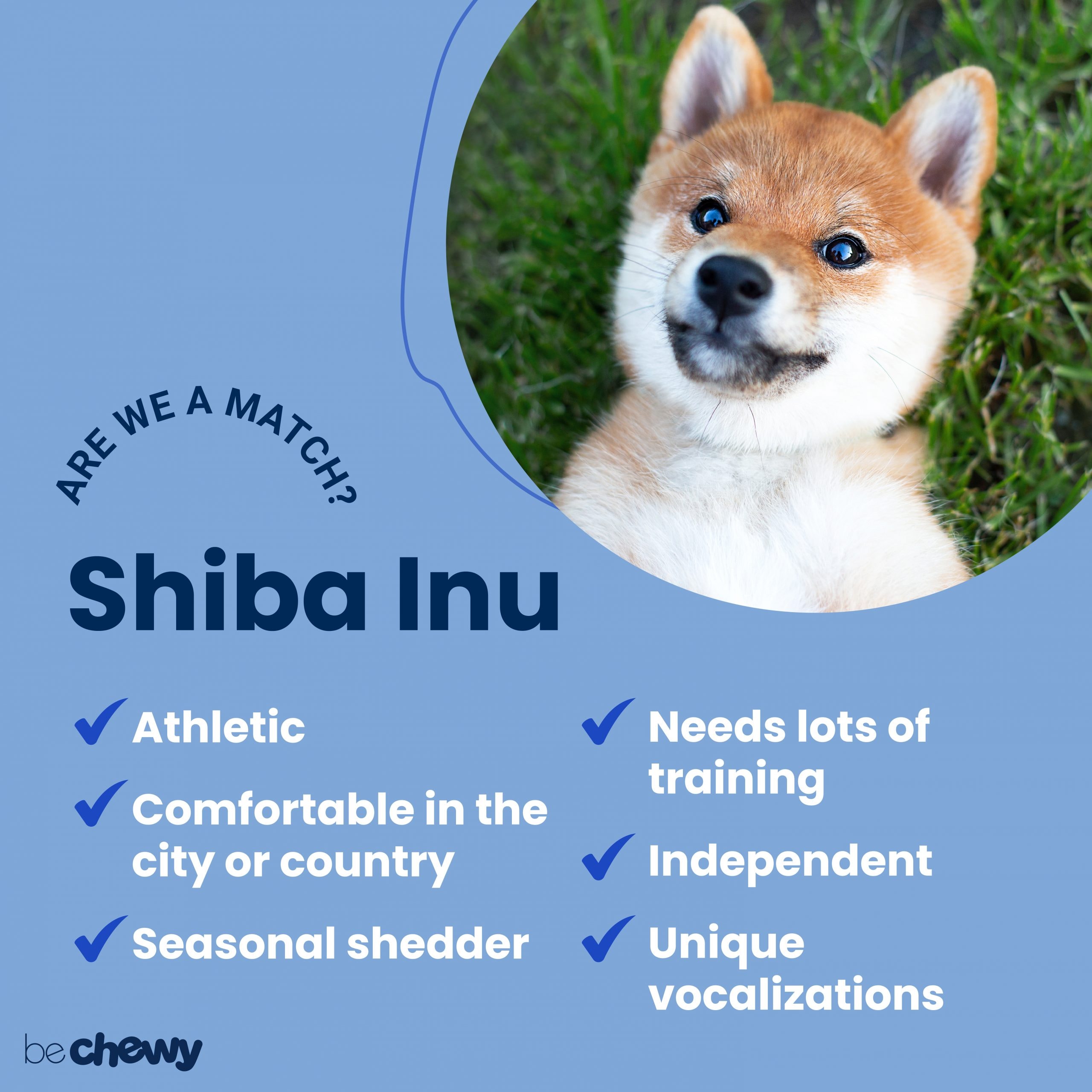
Top Takeaways
There is really so much to love about this breed. They’re a cool-looking dog with a great coat, neat tail, foxy face and more than enough attitude and pizazz to go around. You’ll be brushing their coat a lot twice a year (shedding), and you’ll need to focus on early training and socialization, but hey, that’s a small price to pay for having the constant companionship of such a unique dog.
Expert input provided by veterinarian Dr. Kimberly Daffner, DVM, of Family Pet Clinic of Redondo Beach and certified dog trainer Jade Giuggio, CPDT-KA, of Polite Paws LLC
Breed characteristic ratings provided by veterinarian Dr. Sarah J. Wooten, DVM, CVJ, a veterinarian at Sheep Draw Veterinary Hospital in Greeley, Colorado; dog trainer and behavior consultant Irith Bloom, CPDT-KSA, CBCC-KA, CDBC, owner of The Sophisticated Dog, LLC, in Los Angeles; and certified animal behavior consultant Amy Shojai, CABC, in Sherman, Texas.
The health content was medically reviewed by Chewy vets.

Search for Adoptable Shiba Inus Near You
Female Names
- Luna
- Mochi
- Yuki
- Nala
- Mika
- Suki
- Momo
- Bella
- Eevee
- Coco
Male Names
- Yoshi
- Mochi
- Koda
- Milo
- Hiro
- Loki
- Kuma
- Kenji
- Simba
- Kobe
Share:
